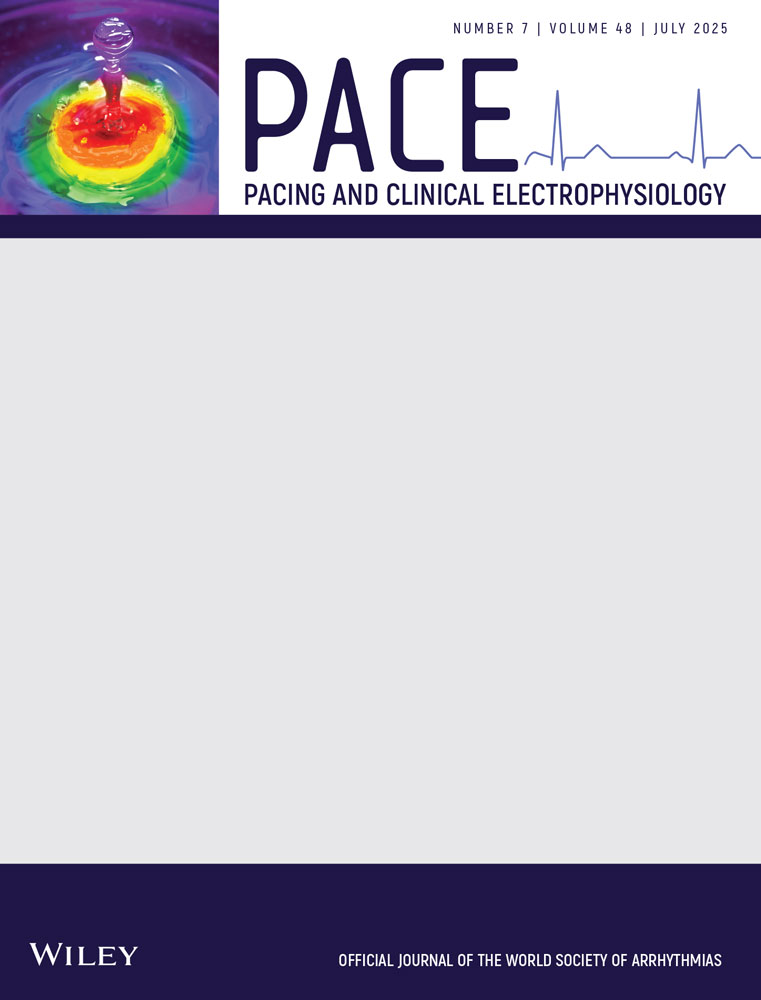Prenatal Diagnosis of QT Prolongation by Magnetocardiography
Abstract
Magnetocardiogrciphy constitutes a new tool for monitoring fetal cardiac activity. The fetal magnetocardiogram (FMCG) recorded noninvasively over the maternal abdomen is detectable with high temporal resolution and permits analysis of all parts of the PQRST waveform. In this way measurements of cardiac time intervals, including the QT interval, become possible. The following article constitutes the first report of antenatal detection of QT prolongation in two fetuses by FMCG.




